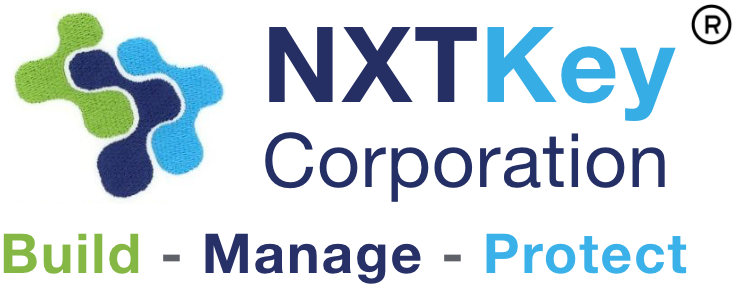Leveraging AI to Streamline Operations
November 15th, 2023. San Antonio, TX. – Shivaji Sengupta hosted a panel at the AFCEA ALAMO ACE Conference with key individuals on the DOD and industry side discussing a topic of utmost importance in today’s rapidly evolving world of technology and security. The subject at hand was “Leveraging AI to Streamline Operations for the Department of Defense.”
The Department of Defense plays a pivotal role in safeguarding our nation’s security and interests both at home and abroad. It is tasked with defending the United States and its allies against a myriad of threats, ranging from traditional military adversaries to emerging challenges in the cyber and information domains. To fulfill this mandate effectively, it is imperative that the Department of Defense remains at the forefront of technological innovation.
Artificial Intelligence has emerged as a transformative force across various industries, and the defense sector is no exception. AI has the potential to revolutionize the way the Department of Defense operates by enhancing its capabilities in numerous areas, from logistics and supply chain management to intelligence analysis, mission planning, and even autonomous systems.
The panel explored how AI can be harnessed to streamline operations within the Department of Defense, making it more agile, efficient, and effective in fulfilling its mission to protect our nation. We delved into key areas including Enhanced Decision-Making, Logistics and Supply Chain Optimization, Cybersecurity, Unmanned Systems, Personnel Management, Strategic Planning and Analysis etc
In this era of rapid technological advancement, embracing AI is not an option but a necessity. However, it is essential to approach this transformation thoughtfully, considering ethical implications, data security, and the potential for misuse.
As we embark on this journey of leveraging AI to streamline operations for the Department of Defense, let us keep in mind the overarching goal: to ensure the safety and security of our nation and its citizens. By harnessing the power of AI responsibly and strategically, we can empower our defense forces to meet the challenges of the 21st century head-on.
We heard from our panel, sharing their insights and experiences on how AI is already making a difference within the Department of Defense.

The panelists included:

Mr. Shivaji Sengupta is the Chief Executive Officer of NXTKey Corporation, Adjunct Prof. Cybersecurity at Delaware State University and Cybersecurity Program Advisory Board at Grambling State University.

Mr. Bill Streilein is the Chief Technology Officer at the Office of the Chief Digital and AI Officer (CDAO) at the Department of Defense.

Mr. Jason Bonci is the Department of the Air Force Chief Technology Officer at Office of the Chief Information Officer.

Mr. John Carbone is the Sr. Tech. Dir. & Chief Solution Architect at ForcePoint Federal LLC and Adjunct Prof. Applied AI & Applied Data Science at Baylor University.

Mr. Richard White is the Senior Strategic Solutions Architect at Leidos.
Questions that were discussed included:
- What are some specific examples of how AI has been successfully implemented to streamline operations?
- Can you share some key challenges and hurdles you commonly face when trying to integrate AI into their operations, and how have you overcome them?
- How does AI impact decision-making processes, and what steps can you take to ensure that AI-driven decisions are transparent and fair?
- What are the most promising areas within operations where AI is likely to have a significant impact in the near future?
- Could you discuss any ethical considerations or potential biases associated with using AI to streamline operations, and how can these be addressed?
- How do you see the role of human workers evolving as AI becomes more integrated into operations? What are the opportunities and challenges this presents?
- Are there any specific tools, platforms, or technologies that you recommend for organizations looking to leverage AI for operational efficiency?
- Can you provide insights into the ROI (Return on Investment) of implementing AI in operations? What metrics should organizations track to measure the success of AI initiatives?
- How do you ensure data privacy and security when collecting and using data for AI-driven operations? What best practices should organizations follow in this regard?
- What strategies can organizations employ to build a culture of innovation and agility to effectively adopt and adapt AI solutions for operational improvement?
- Are there any regulatory considerations or compliance issues that we need to be aware of when implementing AI in their operations, and how can they navigate these challenges?
- Can you share any case studies or success stories where AI significantly transformed operations and led to tangible benefits?
- Looking ahead, what do you envision as the next big developments or trends in AI for operations optimization?
- What opportunities exist to leverage AI across services?







